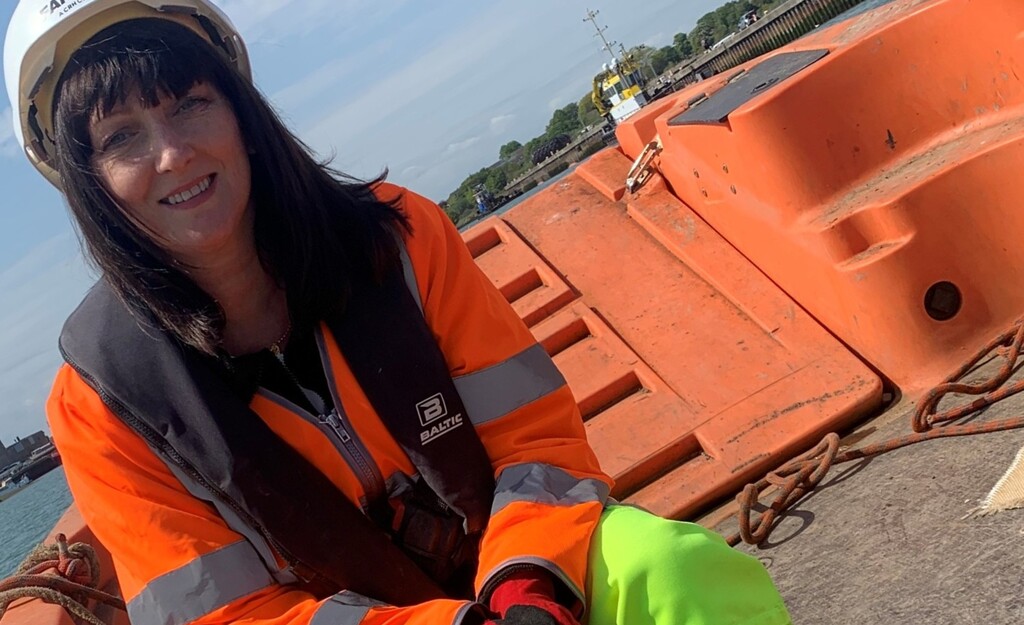
I’m Cara Hanna, and I help ambitious professionals turn qualification into chartered success. The Chartership Academy was created to guide you through every stage of the process, clearly, confidently, and with expert support.
➤ Learn more about my journey and approach.Supporting candidates through all routes to MICE, including the Chartered Professional Review and experiential assessments.
Guiding candidates through every APC route to achieve MRICS status with tailored mentorship and submission support.
Expert support for CMP, Professional Review, and Fellowship applications to secure MCIOB or FCIOB status.
Helping professionals prepare for ICES membership via the Professional Review, experiential routes, or direct entry pathways.
Comprehensive guidance on the Chartered Engineer (CEng) application, from competence mapping to professional interviews.
Specialist support for CEng, IEng, and Technical Report Route candidates navigating CIBSE’s competence-based application process.

Becoming chartered is like getting a professional passport. It proves you’ve reached the highest standard in your field — not just in theory, but in practice. To get there, you need the right mix of academic qualifications, hands-on experience, and professional judgment. When a body like ICE, RICS, or CIOB grants you chartership, they’re saying: “Yes, this person can be trusted to deliver complex projects, lead teams, and uphold ethical standards.” It’s more than a title — it’s a recognition of competence, leadership, and credibility that follows you anywhere in the world.
Think of chartership as an investment in your career. Chartered professionals earn more, progress faster, and are trusted with higher responsibility. But it’s not just about pay. When you’re chartered, your name carries weight, employers, clients, and even international organisations know you’ve been independently assessed. And because these bodies are recognised globally, you can take that credibility anywhere, whether it’s working abroad or moving into new sectors. Chartership is about future-proofing your career. It shows you’re serious, competent, and committed to professional growth.
It depends on your background, but most people take between five and seven years after graduation. If you have an accredited degree and you’re on a structured training scheme, you could do it in about five. If your degree isn’t accredited or you’ve taken a less direct route, it might take a bit longer. The key thing to understand is it’s not just about “time served.” It’s about showing evidence, that you’ve developed the technical skills, leadership, and judgment needed to practise at the top level. Everyone’s journey looks slightly different, but the reward is the same, recognition as a trusted professional.
Yes, and it’s one of the most valuable parts of the process. Most institutions, whether it’s ICE, CIBSE, or CIOB, expect you to have a mentor who’s already chartered. Their role is to guide you, review your progress, and help you prepare for your professional review. But here’s the secret: a good mentor is more than a tick-box requirement. They can be a sounding board when you’re stuck, help you frame your projects in the right way, and give you confidence when you’re preparing for interviews. If your employer doesn’t provide one, you can often find mentors through the institution itself.

In just one short call, we'll help you understand your pathway to chartership and the exact next steps to take. No pressure, No obligation.
Free chat
mentor allocated
submit application
become chartered